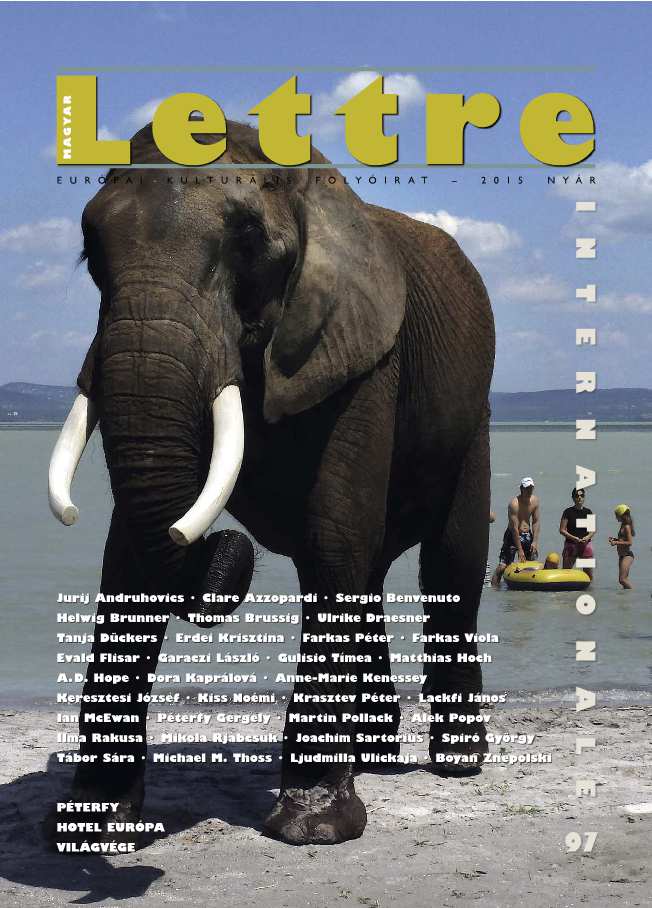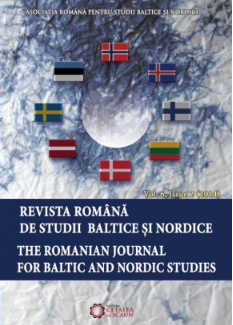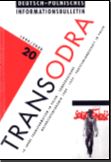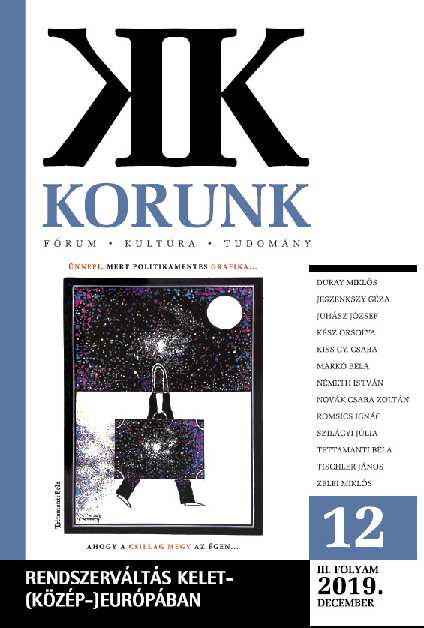Vepër me Vlera të Shumanshme për UÇK-në
Review of Mr. Sc. Hajrush Kurtaj, KLA War Zone Nerodime Operative (ZON). , February 2012, p. 226 Review of: Mr. Sc. Hajrush Kurtaj, Lufta e UÇK-së në Zonën Operative të Nerodimes (ZON). Prishtinë 2012, f. 226.
More...
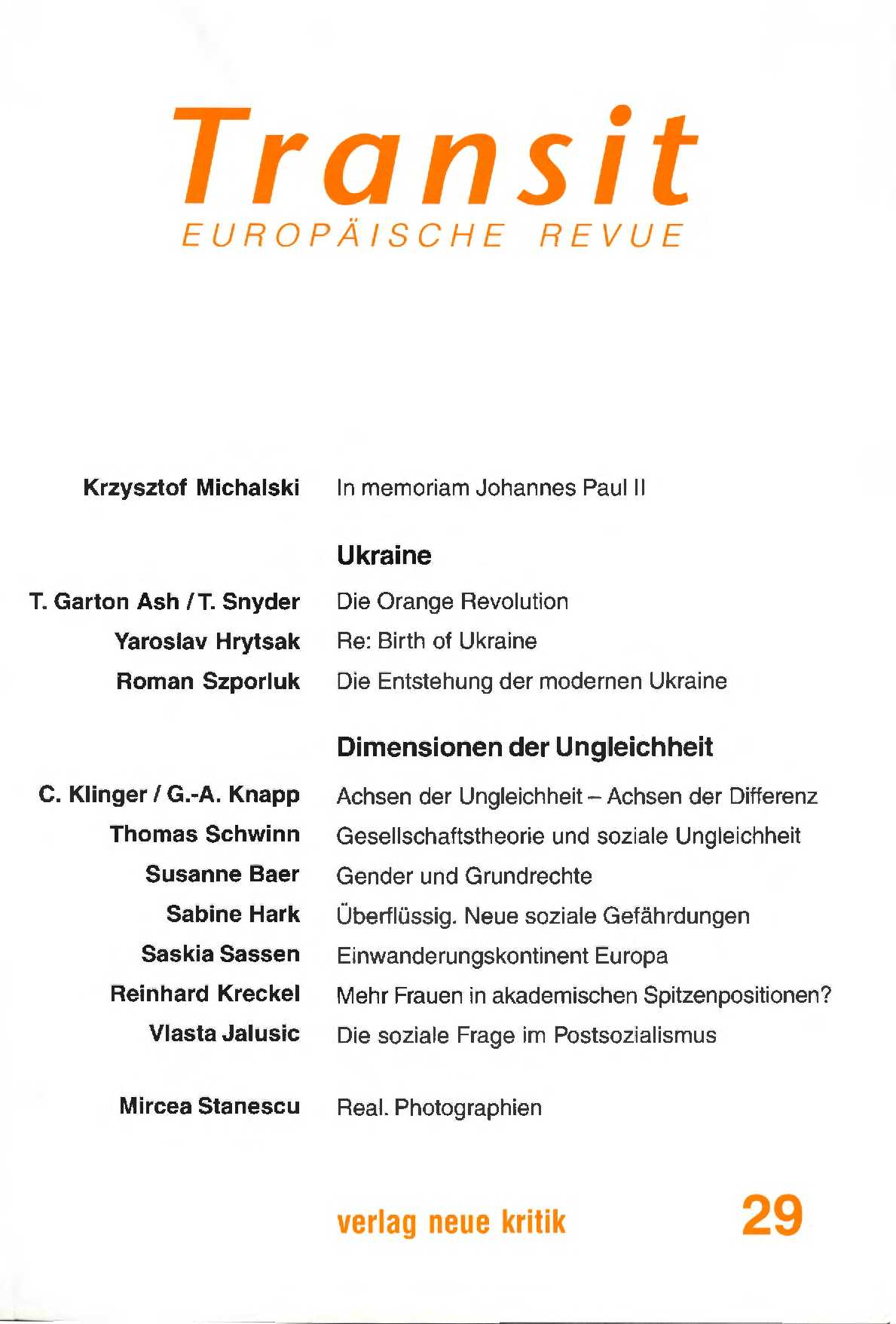
![Puterea politică în România. De la comunism la noul capitalism (1989-2014). [Political Power in Romania. From Communism to the New Capitalism (1989-2014)] by Iulian Stănescu](/api/image/getissuecoverimage?id=picture_2016_26837.png)
